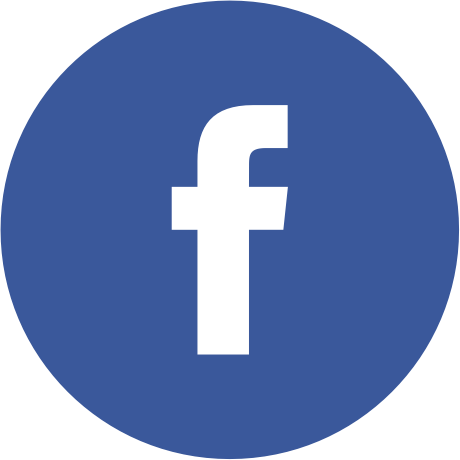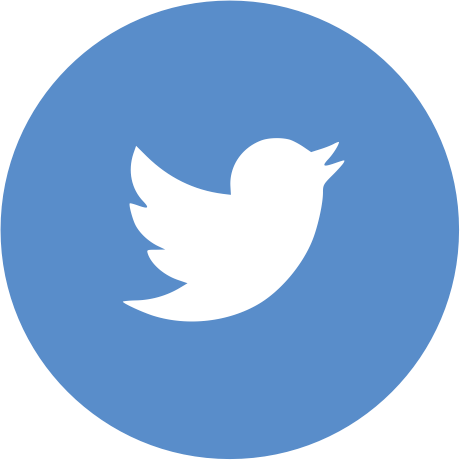On Thursday, December 3, at an all-Russia press conference, Premier Vladimir Putin answered citizens’ questions, the number of which reportedly exceeded one million. The newspaper “Russky Newsweek” mentions ten most important issues more or less openly touched by Putin:
- Presidential election in 2012;
- “Yukos” case;
- Pensions in 2050;
- Reform in the Interior Ministry;
- “LADA” and “AvtoVaz”;
- Pikalev;
- Crisis;
- Election in Ukraine;
- Terrorism;
10. Stalin’s rule.
While speaking about the presidential election to be held in 2012, Putin did not give a clear answer whether he would run for presidency, however, he will probably run, for Medvedev is just a short-term figure to be replaced at the first opportunity. Medvedev will hardly oppose the party founder, leader and the actual Russia’s leader. However, Putin did his best not to give a clear answer, saying: “Each of us has to fulfil his duty in his place, working effectively. Depending on the situation in economic and social spheres, respective decisions will be made regarding the election campaign in 2012, but not today – it is only 2009 today.” On the same day, Medvedev announced that he might run for the second presidency, without revealing any details.
Russia’s citizens asked Putin questions also about eventual reform in the Interior Ministry, because a number of worrying news on grave crimes committed by representatives of law enforcement institutions have been recently publicized in Russia. Putin tried to avoid direct answers, he was obviously not prepared for such questions, and he just indicated that the reform would be rapid and merciless, mentioning the Ukraine’s negative experience.
“I am the active supporter of “AvtoVaz”, for I think that the company has its future, and we have to fight for it,“ V.Putin said. He had ignored this industrial giant’s problems for a long period of time. However, Putin is hardly interested in the very “AvtoVaz” – he is rather interested in the recently signed agreement with “Renault”, and the possibility to avoid social unrest which would follow in case of bankruptcy of the company.
Putin’s remarks became particularly strict while speaking about the election in Ukraine in January 2010. Although Putin stated that he was not supporting too much the candidacy of Yuliya Timoshenko, however indicating that there existed a close cooperation on the inter-governmental and inter-party levels between “United Russia” and Ukrainian “Party of Regions”. It is clear that Putin has made his choice – he will probably support Timoshenko. And this choice has several causes. First, Putin tries by all means to prevent Yuschenko becoming the President, for Yuschenko impacts Russia’s image by giving preference to the US instead of Russia. Second, if the Kremlin chooses to support completely Yanukovih, it would cause one more split in the Ukrainian society, and such game would be too open regarding the position of the international community. Third, Timoshenko may be a compromise figure, if supported by the Kremlin she might gain support on the part of Russians in Ukraine. Of course, in the person of Putin, the Kremlin would demand pay from Timoshenko for that. What pay? That is the question. The first part of the pay might be in the form of Ukraine’s rejection to approach NATO, second, the issue of Russian military bases in Ukraine, and third, entering the joint customs policy.
Putin himself chose to answer the difficult, emotional, but important question about the period of Stalin’s rule. Asked to assess the Stalin’s period of time, Putin replied: “From my position, no general assessment can be presented. From 1924 to 1953 the very substance of the Stalin-lead state changed. There was repression there, it is the fact. Millions of our compatriots suffered from it, and such way of administration is unacceptable. During that period, we obviously faced not only the cult of personality, but also the crime on mass scale against one’s own people. It is the fact, too, and we must not forget that.” It was probably the first time when Putin really admitted the Stalin’s misdeeds. It is interesting, though, what will be the reaction of the Medvedev-established commission of historians combating the attempts to falsify the history, for this time, according to the commission’s standards, Putin is very close to such falsifying.
Finally, it may be concluded that Putin’s position is not too different from that of Stalin. While answering the question asked by reporter of the newspaper “Komersant: Vlast”: “Aren’t you sick of the party “United Russia” yet?” State Duma deputy Nikolai Svanidze replied: “I am sick of the similarity between it (“United Rusia”) and the “Communist Party” of the former USSR. Although being similar in their bureaucracy and career seeking, “United Russia” however has less political-structural achievements than the “Communist Party”. First, it is because of the lack of a clear ideology. At the moment the whole Party’s ideology is just Putin’s words.”



